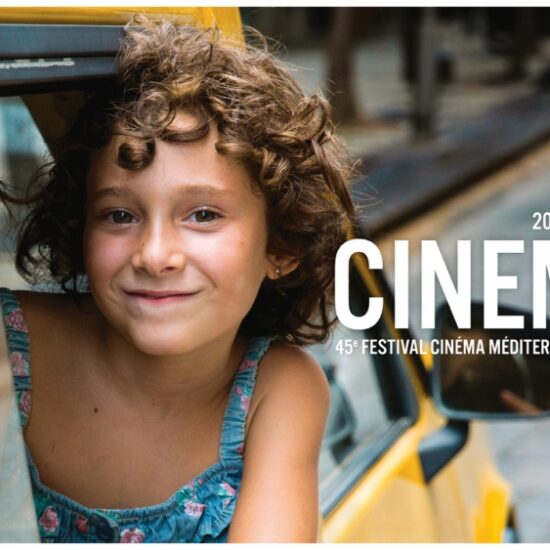
Malala Yousafzai has unveiled her first slate of film and TV projects for Apple TV+ through her production banner Extracurricular.
The Nobel Laureate struck a programming deal with Apple TV+ last year, and appointed former Berlanti Productions executive and “The Flight Attendant” producer Erika Kennair as president of production at Extracurricular. The resulting projects reflect “Stranger Things” and “Severance” fan Yousafzai’s wide array of interests and tastes — some of which may surprise people.
Headlining the slate is “Hyperobject,” a feature film adaptation of Elaine Hsieh Chou’s acclaimed book “Disorientation” — a sharp-edged, celebrated satire published earlier this year about a college student’s revealing dissertation on a young poet. The project will be directed by “Don’t Look Up” helmer Adam McKay.
Elsewhere, Extracurricular is also working on a scripted series based on Asha Lemmie’s coming-of-age novel “Fifty Words for Rain,” about a woman’s search for acceptance in post-World War II Japan.
The lead casting for both projects will introduce new talent, Kennair tells Variety. “Just by the nature of it, the lead of ‘50 Words for Rain’ is a half-Black half-Japanese woman. And unless Naomi Osaka wants to start acting, we’re going to have to discover that woman, which is really exciting.”
Meanwhile, “Disorientation” will require a Taiwanese American lead. Both are “discovery roles” with the opportunity for more big-name casting around them to fulfil Apple’s star-studded remit, Kennair explains.
Also on the slate is a feature documentary with A24 about South Korea’s matriarchal Haenyeo society of elderly fisherwomen, which is currently in production.
Overall, the Apple pact will cover dramas, comedies, documentaries, animation and children’s series.
“What I hope to bring to the table are the voices of women of color, and debut writers and Muslim directors and writers,” Yousafzai tells Variety. “I hope we can have a wide range of perspectives and that we challenge some of the stereotypes we hold in our societies. And I also hope that the content is entertaining, and that people fall in love with the characters and have the best time together.”
The company also won’t shy away from telling a fictionalized or unscripted account of Yousafzai and her family’s experience with the Taliban — with Kennair noting that the topic is frequently discussed at Extracurricular — but Yousafzai and her production head are keen to “find the surprising way in…that really [adds dimension to] the characters.”
“It’s about finding — whether scripted or unscripted — a way in that’s character-driven, as opposed to issue-driven,” says Kennair.
She notes that when approached by Yousafzai’s agency UTA to join Extracurricular, she initially had her reservations. “At first, I was like, ‘I don’t think I’m your gal; I’m doing a show about an alcoholic flight attendant and a stalker.’” The agency said, “‘Talk to her. You’re going to be surprised,’” Kennair recalls.
The executive — who discussed shows such as adult animated sitcom “Rick and Morty” and Netflix comedy “Sex Education” with Yousafzai in their meeting — says the company wants to make those kinds of programs, with a rich diversity at the heart of them.
“I’m a Cuban woman,” says Kennair, “and a lot of the time, shows about people of color — and particularly women of color — are very trauma-focused. It’s not about iconic personalities and characteristics; it’s more about the things put on people.”
Yousafzai, says Kennair, does not want to be known for the worst day of her life. The Nobel Peace Prize winner’s brand comes with certain assumptions — that the company will focus on only documentaries; that all the shows will be serious; that the entire slate will be G-rated. Upon launching, Extracurricular received submissions of “the world’s most depressing books,” says Kennair.
In fact, it’s the opposite that Extracurricular is looking for: the company is on the hunt for work that will inspire viewers to get off their couches and do something.
Yousafzai, adds Kennair, is “fearless” in how she approaches projects for Extracurricular.
“Especially right now, we’re in an entertainment industry that gets really scared and reactive,” says the executive. “How many times a day does everyone hear the word ‘precedence’? And Malala does not care. It’s really emboldened me, to work with someone who isn’t stuck in the fear cycle — who really is just looking at things for their creative value, and for how they make people feel as opposed to statistics and fear.”













